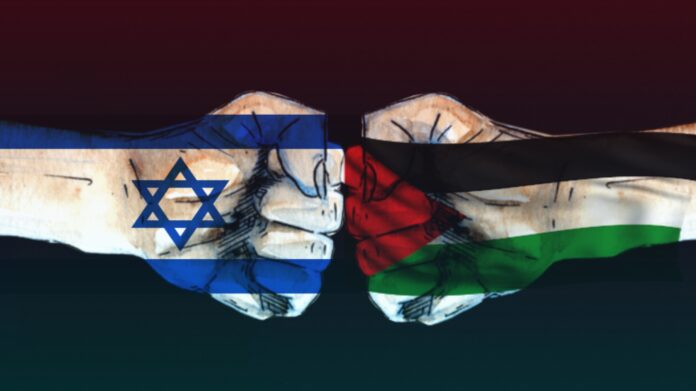The longstanding hostility between Iran and Israel has escalated into one of the most precarious flashpoints in the Middle East. While the prospect of outright war remains uncertain, the possibility demands serious attention due to its potential to destabilize not only the region but the global economic and geopolitical order.
At the core of the tension is Iran’s nuclear program and its growing influence through proxy groups across Lebanon, Syria, and Yemen. Israel views Iran’s ambitions as an existential threat, often responding with covert operations, airstrikes, and diplomatic pressure. Recent escalations, ranging from targeted assassinations to cyber warfare, indicate a dangerous trajectory that could spiral into open conflict.
The consequences of a full-scale confrontation would be severe and multifaceted. One of the most immediate concerns is the potential disruption to global energy markets. The Strait of Hormuz, a narrow waterway between the Persian Gulf and the Gulf of Oman, is a critical artery through which nearly 20 percent of the world’s oil passes. Any blockage or threat to this route could send oil prices soaring, exacerbating inflationary pressures already felt
worldwide.
Beyond energy, global supply chains face significant risks. The Middle East’s geographic position connects Asia, Europe, and Africa, serving as a vital transit corridor for goods.
Conflict-induced instability could lead to delays, increased shipping costs, and heightened insurance premiums, thereby straining international trade.
The geopolitical implications would extend far beyond the immediate region. Global powers with strategic interests in the Middle East, including the United States, Russia, and China, could be drawn into the conflict or compelled to deepen their involvement through diplomatic or military means. This could amplify tensions on a wider scale, potentially reshaping alliances and power balances.

The humanitarian toll would be devastating. Past conflicts in the region have resulted in significant civilian casualties and displacement. A renewed war could trigger a refugee crisis, putting additional pressure on neighboring countries and international aid organizations already stretched thin.
For smaller economies and trading nations like Sri Lanka, the ripple effects would be palpable. Increased fuel costs would translate into higher transportation and production expenses, slowing economic growth. Market volatility could undermine investor confidence and disrupt foreign trade, creating uncertainty for businesses and consumers alike.
Amid these risks, diplomatic efforts remain crucial. International stakeholders continue to call for restraint and dialogue, emphasizing the importance of multilateral engagement to resolve disputes peacefully. The global community’s ability to mediate tensions and prevent escalation will be pivotal in safeguarding stability.
In essence, the Iran-Israel conflict serves as a stark reminder of how interconnected today’s world is. A crisis in one region can quickly cascade into global economic and security challenges. For policymakers, businesses, and citizens, understanding these dynamics is essential to preparing for and mitigating potential shocks.
The path forward demands vigilance, cooperation, and a commitment to dialogue. Only through sustained diplomatic efforts can the devastating consequences of a broader conflict be averted, securing a more stable future for the Middle East and the world.




